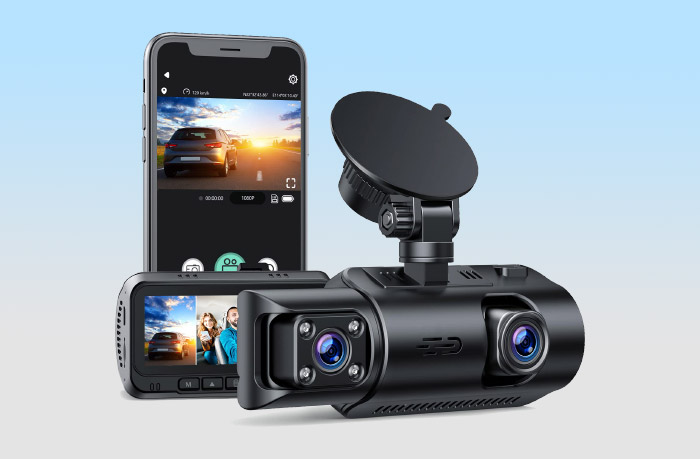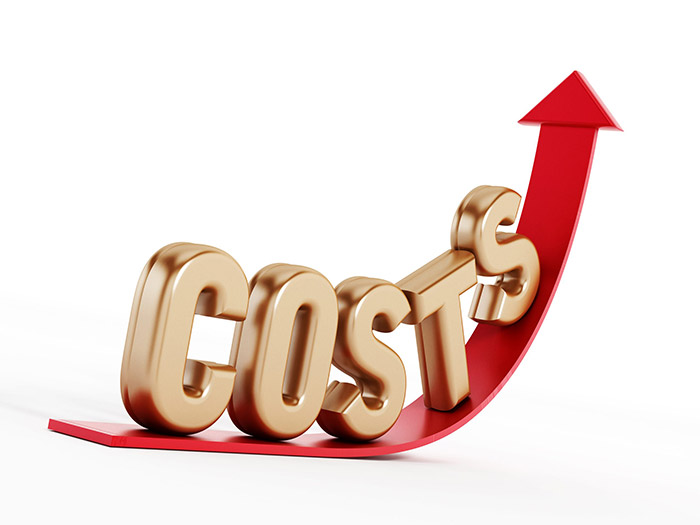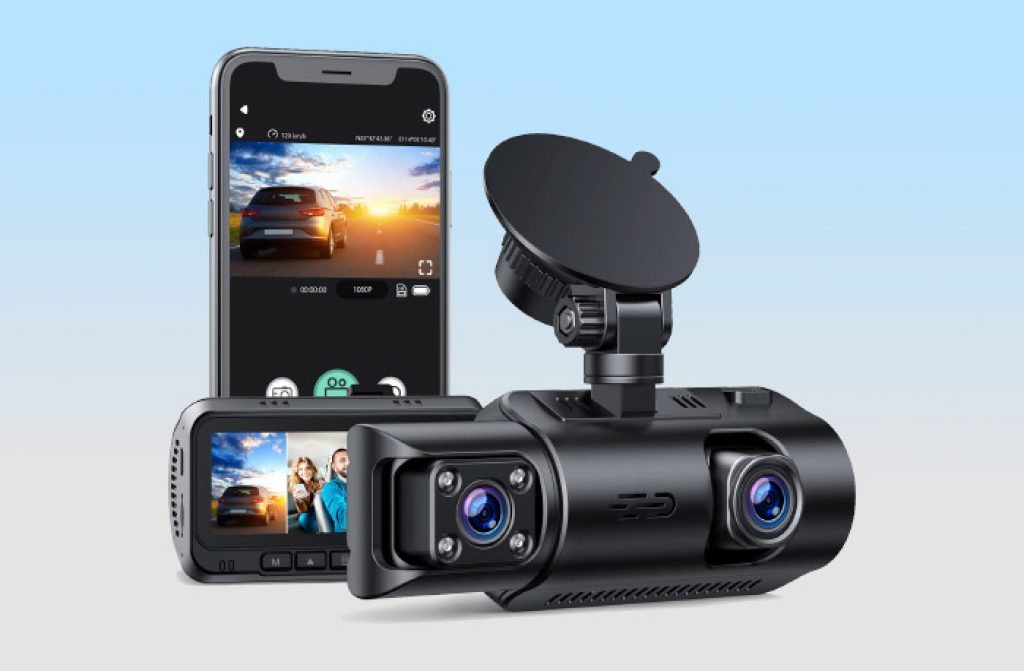As technology advances, in-car dash cameras are becoming increasingly popular for drivers looking to record their journeys for a variety of reasons, including evidence in the event of an accident or to capture scenic road trips. One important feature of some dash cams is the inclusion of GPS, which can provide additional data and context to the recorded footage. In this article, we will explore what GPS is, how it works in dash cams, and the benefits and drawbacks of using a GPS-enabled dash cam.
What is GPS and How Does it Work?
GPS stands for Global Positioning System and is a network of satellites orbiting the earth that can determine the exact location of a GPS-enabled device. When a GPS device is turned on, it sends a signal to the nearest GPS satellite, which responds with the device’s exact location. The device uses this information to triangulate its position and provide accurate location data.

GPS in Dash Cams: How Does it Work?
In-car dash cameras equipped with GPS use this same technology to track and record the car’s movements, speed, and location. The GPS data is typically embedded into the video file along with the footage, allowing users to review their journey and see their exact location on a map.
Benefits of GPS-Enabled Dash Cams
Accurate Location Data
With GPS-enabled dash cams, drivers can have a more accurate record of their journeys, including the exact route taken, the speed traveled, and the location of any incidents or accidents. This can be particularly useful in situations where disputes arise over the events leading up to an accident or if a driver needs to prove their location at a specific time.

Improved Driving Habits
GPS data can also be used to help drivers improve their habits on the road. For example, a dash cam with GPS can provide feedback on speeding, harsh braking, and acceleration, allowing drivers to make adjustments to their driving behavior and potentially reduce the risk of accidents.

Enhanced Security
GPS-enabled dash cams can also provide an extra layer of security for vehicles. In the event of theft or vandalism, the GPS data can help authorities track down the stolen vehicle and potentially identify the perpetrators.
Drawbacks of GPS-Enabled Dash Cams
Privacy Concerns
While GPS data can be useful in certain situations, some drivers may have concerns over the potential invasion of privacy. The location data collected by a GPS-enabled dash cam can provide a detailed record of a driver’s movements, which may be of concern to some individuals.
Increased Cost
GPS-enabled dash cams may also come with a higher price tag than non-GPS models. However, the benefits of the additional data and security features may outweigh the extra cost for some drivers.

Conclusion
In summary, GPS-enabled dash cams can provide drivers with a more accurate and detailed record of their journeys, which can be useful in a variety of situations. However, there are also potential drawbacks to consider, including privacy concerns and increased cost. Ultimately, the decision to use a GPS-enabled dash cam will depend on the individual driver’s needs and preferences.
FAQs
[wpsm_accordion][wpsm_accordion_section title=”Can GPS data be used as evidence in court?”]Yes, GPS data can be used as evidence in court to support a driver’s version of events in the event of an accident or other legal dispute.[/wpsm_accordion_section][wpsm_accordion_section title=”Do all dash cams come with GPS?”]No, not all dash cams come with GPS. Some models may require an additional GPS module to be added on.[/wpsm_accordion_section][wpsm_accordion_section title=”Is it legal to use a GPS-enabled dash cam while driving?”]Yes, it is legal to use a dash cam with GPS while driving. However, drivers should always follow local laws and regulations regarding the use of electronic devices while driving.[/wpsm_accordion_section][wpsm_accordion_section title=”How accurate is GPS data in dash cams”]GPS data in dash cams can be quite accurate, with many devices able to pinpoint location data within a few meters. However, the accuracy can be affected by a variety of factors such as weather conditions, signal strength, and obstructions such as tall buildings or trees. Overall, GPS data in dash cams can provide valuable information for drivers and can be relied upon in many situations.[/wpsm_accordion_section][wpsm_accordion_section title=”Can GPS data be turned off in a dash cam?”]Yes, some GPS-enabled dash cams may have the option to turn off the GPS feature if the driver prefers not to use it.[/wpsm_accordion_section][wpsm_accordion_section title=”How does GPS impact the battery life of a dash cam?”]GPS can have an impact on the battery life of a dash cam, as it requires additional power to track and record location data. However, many GPS-enabled dash cams are designed to minimize the impact on battery life.[/wpsm_accordion_section][/wpsm_accordion]
Overall, GPS-enabled dash cams can provide valuable benefits for drivers looking to record their journeys and improve their driving habits. However, it is important to consider both the benefits and drawbacks before making a decision on whether to use a GPS-enabled dash cam. With proper use and consideration, a GPS-enabled dash cam can be a valuable tool for drivers on the road.



